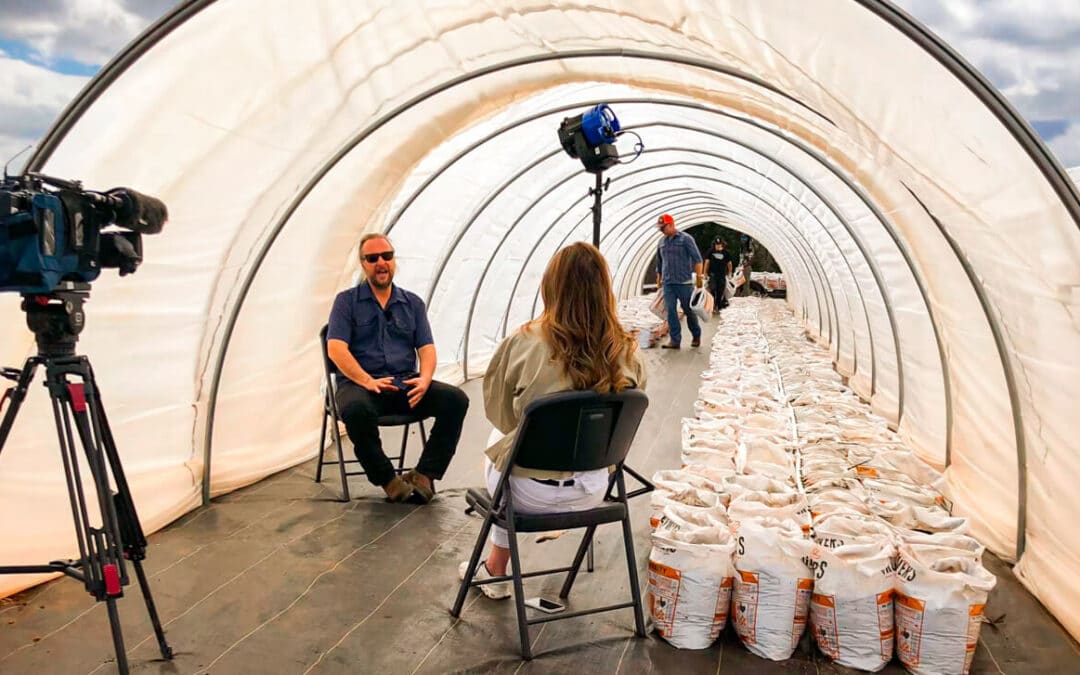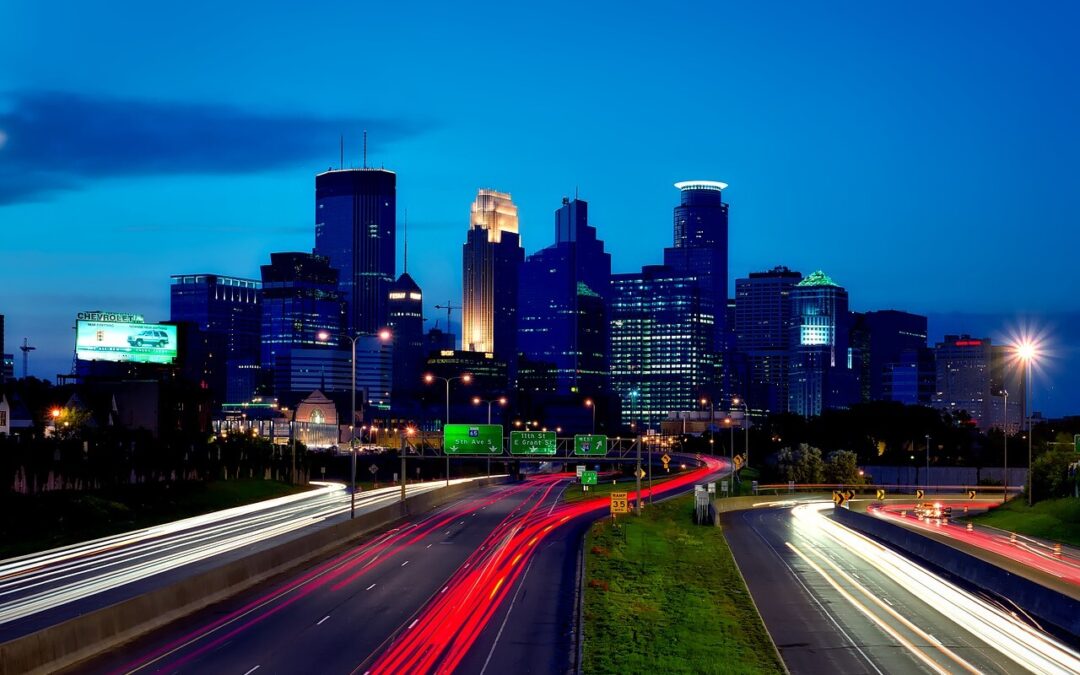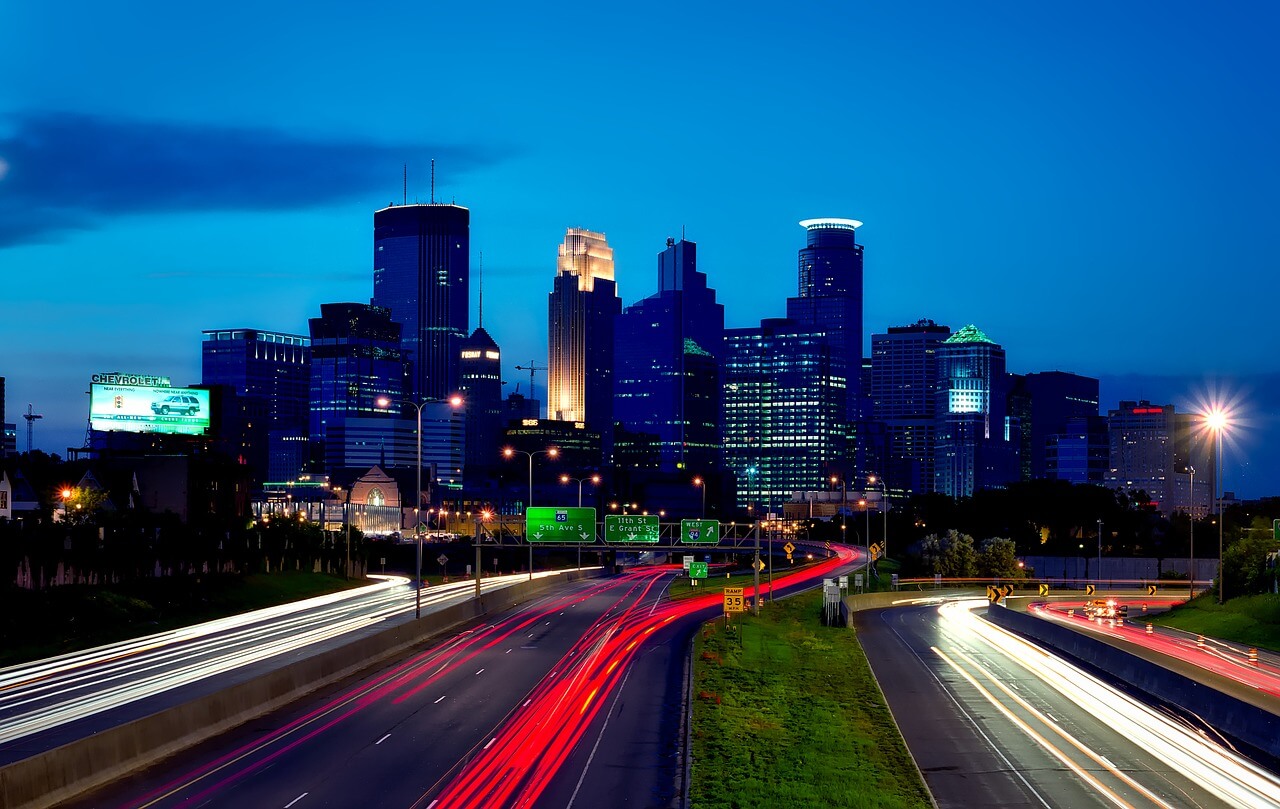
3 reasons 4/20 is still an important holiday

From the outside, 4/20 might just seem like a special day for stoners to get especially stoned. In a way they aren’t wrong.
4/20 has become a national holiday for cannabis lovers across the world. It is a day when we can all come together as a community to share our passion for the plant.
And yes, it is a day where you can score some great deals at the dispensary to get a little extra baked!
However 4/20 still holds a lot more importance than you may think. While the day may have supposedly started from some friends sneaking out to get high together, it has evolved into the main holiday promoting the cannabis legalization movement.
You see, cannabis is only fully legal in 18 states in the US. While there are only two states — Nebraska and Kansas — that haven’t legalized anything at all (including CBD), cannabis is still fully illegal according to the federal government.
That brings us to five reasons why 4/20 is still an important and essential holiday. Not just to those who love cannabis, but for anybody who supports breaking down unjust laws that punish minorities and create more problems for the country as a whole.
Cannabis is not federally legal
It might be easy to look at the expressive nature of the cannabis industry and community and think, “how could this be illegal?”
After all people like Snoop Dogg can openly smoke a blunt on live TV at the Super Bowl and face no repercussions. But for many others, the reality is much, much different. In fact, 40% of drug-related arrests in 2018 were for cannabis.
Consider the resources that are still going into arresting people for a plant that is medically or recreationally legal in over half the country. Does that make sense?
Additionally in New York City, 94% of cannabis arrests were black people in 2020.
4/20 has been the main day where proponents for legalization can really get their message heard and inform people on why legalization really matters.
Sharing the benefits of the plant
According to the federal government, cannabis is currently ranked as dangerous as heroin, an a Schedule 1 controlled substance under the Controlled Substances Act. This means it has no medical applications and is highly addictive.
Well, 35 states that have legal medical cannabis programs would disagree. There have been studies showing recreational cannabis access decreases the demand for prescription opioids. Other studies have shown it to be extremely effective in treating various diseases, including cancer.
Lest we forget the wide range of ailments that cannabis is legally prescribed for by licensed doctors across the country. That sounds like a lot of medical applications, but you would be surprised how many people haven’t heard about those studies or the benefits of cannabis.
When you are a part of the cannabis community it is easy to think that everybody knows these things. After all you see articles and posts on social media all the time about new laws, legalization, medical studies. But that is a bubble. In most cases, if you aren’t actively looking for cannabis news or information, it isn’t very likely to pop up unless it is a major story.
On 4/20, there is just that little bit more attention the entire community and industry gets to share this information with a wider audience. While many may still not support the full legalization of cannabis, helping them to understand how much it truly helps people is an important step in the right direction.
4/20 is a celebration of culture
It is not very often that there is a community of millions of people, all passionate about the same thing which happens to be completely illegal according to the federal government. Think about it.
As a culture that developed in the shadows over decades, the cannabis community is different from any other. A group of people who were traditionally artists, musicians and hippies has spread to encompass every type of person out there. From your grandma to wall street businessmen and women, somebody you know is likely a consumer.
The culture has begun evolving over the years from the small, close-knit community of growers in online forums to massive festivals headlined by A-list artists. And it has become even more accessible to someone who is trying to learn more about cannabis and the community surrounding it.
What better way to dip your feet into the culture of cannabis than going to your local 4/20 festival or event? And if it’s an underground event in a illegal state, even better. Because that’s where it all started, and has stayed for many across the country still.
Because its FUN
Consider this one an honorable mention. 4/20 is basically the only holiday for cannabis lovers (some would argue 7/10 is growing in popularity now as well). While spreading awareness about the war on drugs and pushing for legalization are important aspects of 4/20 celebrations, it’s also about just that; celebrating!
The fact that you can go to Civic Center Park in Denver, Colorado on 4/20 and consume cannabis publicly with thousands of others without persecution is a big deal. The fact that there will be hundreds of public 4/20 celebrations across the country today is huge. Just 10 years ago, almost none of it would be happening…at least in public.
Some people miss the old days where the community was smaller and more close-knit, with underground celebrations where you had to be “in the know” to go. Well, you can still find plenty of those across the country too. Because as big of a day as 4/20 is, and the difference it can make, it’s important to remember that millions of people are still at risk of arrest and prison time to simply possessing a plant.











